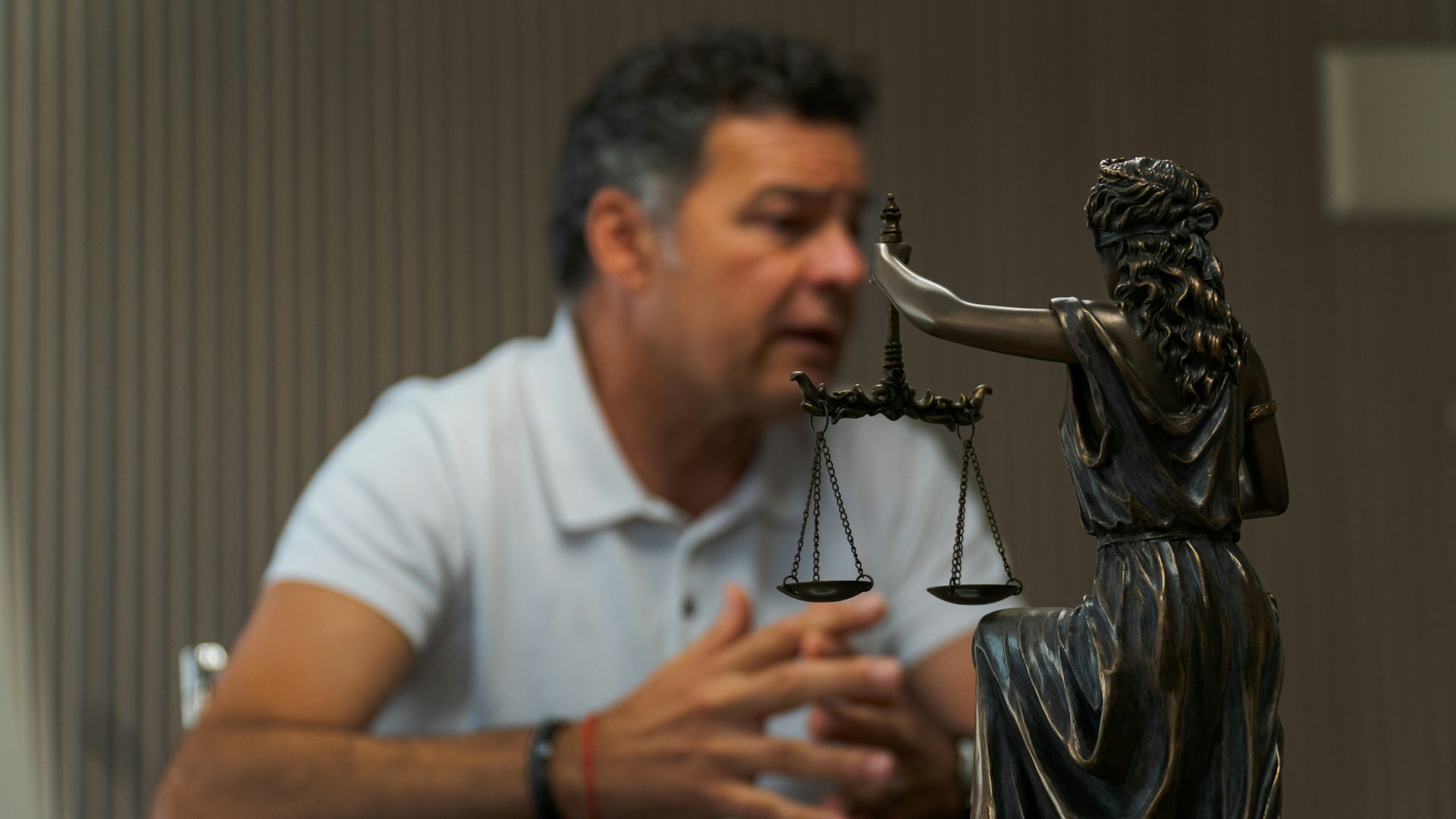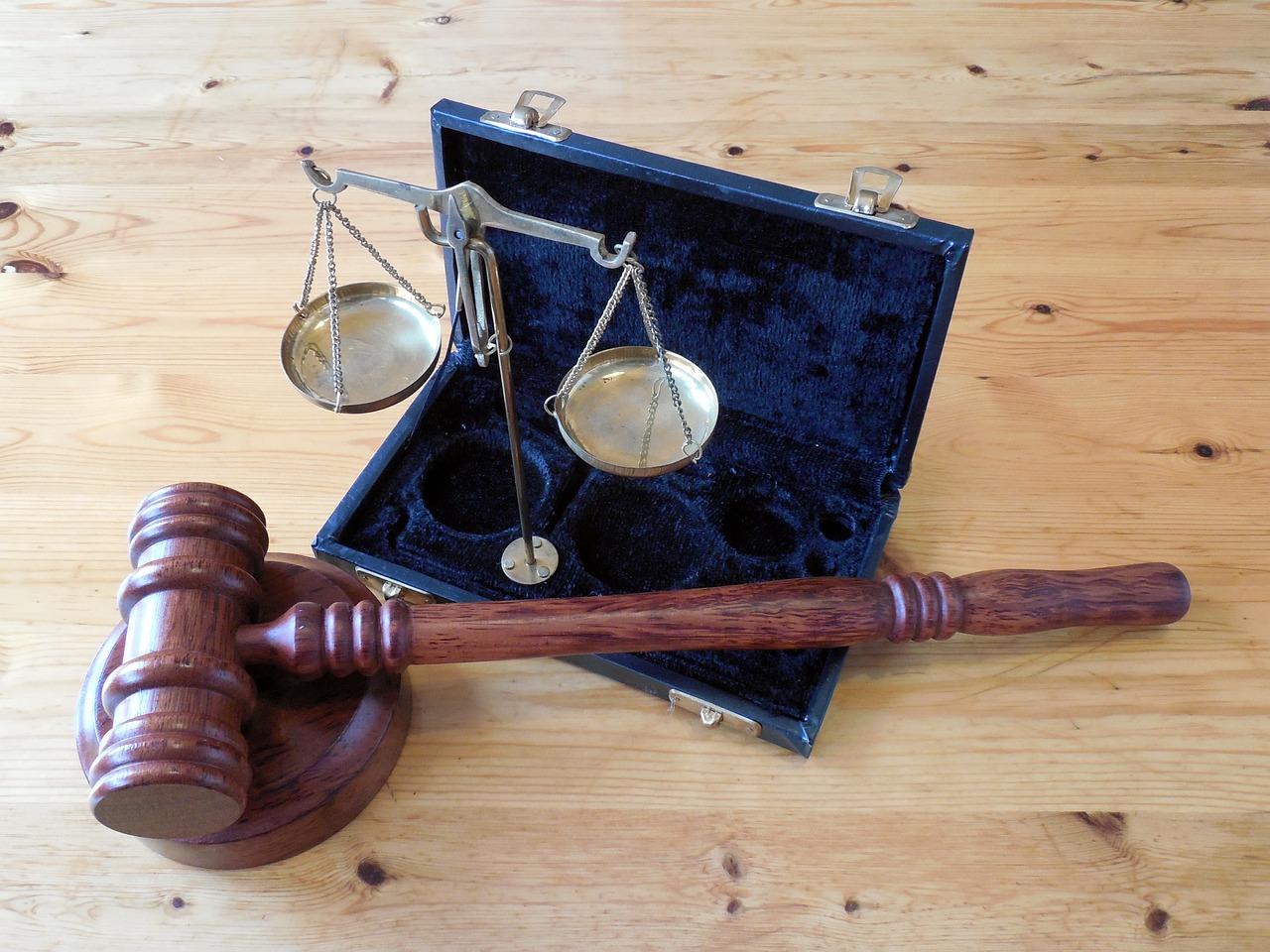The concept of a smart contract sounds futuristic and foolproof—digital agreements that execute themselves once pre-defined conditions are met, all on a secure blockchain. But the reality isn’t always as sleek as the sales pitch. As more industries adopt smart contracts for everything from real estate to insurance claims, the legal implications of what happens when they go wrong are becoming increasingly important.
Who’s responsible when the code executes incorrectly or a vulnerability is exploited? Can a piece of code be held liable? These are no longer theoretical questions. They’re real legal concerns that courts, developers, and users are grappling with today.
Code Is Law… Until It Isn’t
One of the guiding philosophies behind smart contracts is the idea that “code is law.” In other words, whatever the code says, goes. This works fine when the code performs exactly as intended. But in practice, coding errors, logic flaws, or unforeseen interactions can lead to significant financial losses or breaches of trust. When the code doesn’t reflect the true intent of the agreement, the people affected often turn to traditional legal systems for recourse. This is where things get murky, as courts must interpret what was meant vs. what was coded.
Who Gets Sued When Code Fails?
Unlike traditional contracts, where you can usually point to a party who breached the terms, smart contracts blur those lines. Is it the developer who wrote the code? Is the platform hosting it? The user who deployed it? There have already been cases where courts had to decide whether developers are legally accountable for poorly written or malicious smart contracts. The outcomes often depend on the jurisdiction and the clarity of the terms involved, but one thing is clear: someone almost always ends up responsible—even if it wasn’t their intent.

Jurisdictional Nightmares
Smart contracts live on decentralized networks, often hosted across borders on nodes scattered around the globe. This raises another major issue: jurisdiction. If a contract is created in one country, executed on a blockchain in another, and affects users in five more, whose laws apply? The decentralized nature of blockchain technology makes it difficult for traditional legal frameworks to catch up. Different regions are beginning to adopt rules and interpretations, but consistency is still a long way off.
Bugs, Exploits, and Malicious Actors
Even if a smart contract works “correctly” according to its code, that doesn’t mean it’s functioning ethically—or even legally. Take the infamous DAO hack in 2016, where a perfectly legal (by code) withdrawal drained millions of dollars from the Ethereum blockchain. The network had to implement a controversial hard fork to reverse the damage. In such cases, the blame often falls on developers for failing to anticipate vulnerabilities, but this opens up a Pandora’s box of legal questions. Should we expect developers to foresee every possible exploit? Or should users bear some of the risk?
Moving Toward Legal Hybrid Contracts
The future likely lies in a hybrid model that combines traditional legal contracts with smart code. These setups allow …




















 The first set of business law is the Contract Law. This includes any agreement between two or more parties that contain promises and consideration, as well as any agreements regarding the sale of goods or services. A contract must be enforceable, meaning that all parties involved understand and agree to its terms, for it to be valid. If one party does not keep their promises or there is a disagreement about the terms of the agreement, a lawsuit may result. Note that all contracts do not require signatures. They can also be verbal or implied from the conduct of both parties.
The first set of business law is the Contract Law. This includes any agreement between two or more parties that contain promises and consideration, as well as any agreements regarding the sale of goods or services. A contract must be enforceable, meaning that all parties involved understand and agree to its terms, for it to be valid. If one party does not keep their promises or there is a disagreement about the terms of the agreement, a lawsuit may result. Note that all contracts do not require signatures. They can also be verbal or implied from the conduct of both parties.
 Do not make the mistake of hiring a lawyer who does not specialize in family law. A lawyer specializing in family law will have the knowledge and experience to help you through your divorce. By hiring a family law specialist, you can be assured that you are getting the best possible legal representation. Most people try to negotiate without a lawyer, which is a big mistake. If you have children, you will want to make sure that you hire a lawyer who is familiar with custody and visitation issues. If you face a contested divorce, your lawyer will need to be prepared to fight for what is best for you and your children.
Do not make the mistake of hiring a lawyer who does not specialize in family law. A lawyer specializing in family law will have the knowledge and experience to help you through your divorce. By hiring a family law specialist, you can be assured that you are getting the best possible legal representation. Most people try to negotiate without a lawyer, which is a big mistake. If you have children, you will want to make sure that you hire a lawyer who is familiar with custody and visitation issues. If you face a contested divorce, your lawyer will need to be prepared to fight for what is best for you and your children. You should also never sign anything without reading it first. This includes separation agreements, divorce papers, and any other legal documents you may be presented with during the divorce process. It’s important to remember that just because your spouse is asking for something doesn’t mean you have to give it to them. You have the right to negotiate and fight for what you believe is best for you and your children. If you’re not sure what something means, or if you have any other questions about the documents you’re being asked to sign, don’t hesitate to speak with a lawyer. They can help explain everything in detail and answer any questions you may have.
You should also never sign anything without reading it first. This includes separation agreements, divorce papers, and any other legal documents you may be presented with during the divorce process. It’s important to remember that just because your spouse is asking for something doesn’t mean you have to give it to them. You have the right to negotiate and fight for what you believe is best for you and your children. If you’re not sure what something means, or if you have any other questions about the documents you’re being asked to sign, don’t hesitate to speak with a lawyer. They can help explain everything in detail and answer any questions you may have.



 However, in most instances, court cases tend to take longer than they should be. For you to have your case addressed with the urgency, it deserves it will be essential to hire a mesothelioma lawyer who will present the case to court. The lawyer will handle t with urgency, and you will have the case concluded in the shortest time possible. Similarly, you will receive your compensation immediately your case has been finished.
However, in most instances, court cases tend to take longer than they should be. For you to have your case addressed with the urgency, it deserves it will be essential to hire a mesothelioma lawyer who will present the case to court. The lawyer will handle t with urgency, and you will have the case concluded in the shortest time possible. Similarly, you will receive your compensation immediately your case has been finished. You may think that defending your mesothelioma case will yield the results you need. However, this is not the case because you may end up losing a case you could have worn when you hired a lawyer. Hiring a mesothelioma lawyer will benefit you significantly because you will be able to increase the chances of your case taking a good path. An experienced asbestos lawyer will ensure you win in your case because he or she will use the expertise gained in favor of your case.
You may think that defending your mesothelioma case will yield the results you need. However, this is not the case because you may end up losing a case you could have worn when you hired a lawyer. Hiring a mesothelioma lawyer will benefit you significantly because you will be able to increase the chances of your case taking a good path. An experienced asbestos lawyer will ensure you win in your case because he or she will use the expertise gained in favor of your case.